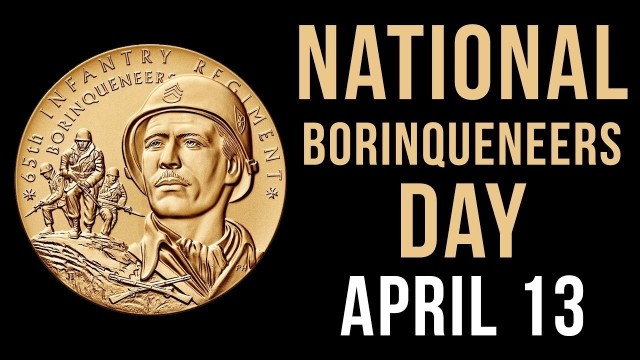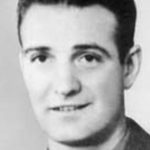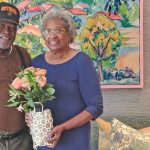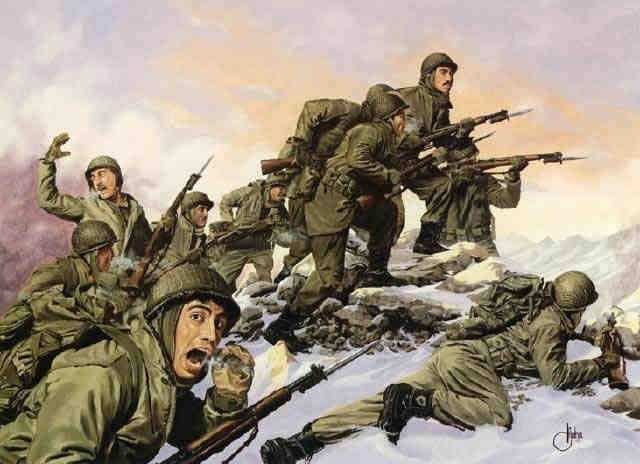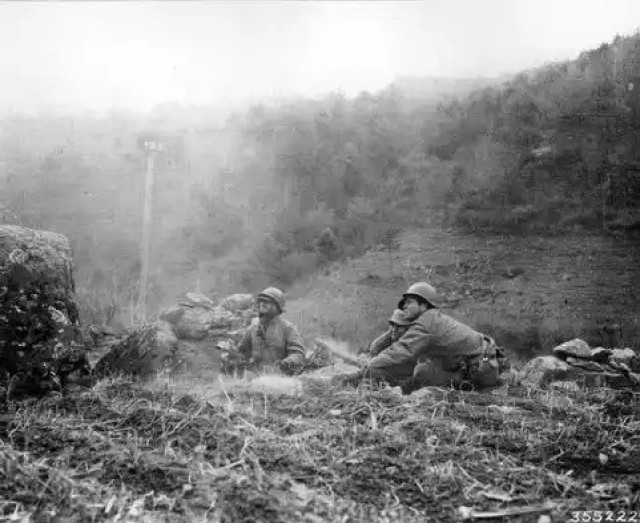In 2021, the U.S. Congress designated April 13 as National Borinqueneers Day. The 65th Infantry Regiment, also known as Borinqueneers, was the only Hispanic unit from the Korean War to receive the Congressional Gold Medal. The youngest of the surviving members are in their eighties and nineties.
VIEW ORIGINAL
FORT BUCHANAN, Puerto Rico — In 2021, the U.S. Congress designated April 13 as National Borinqueneers Day. The 65th Infantry Regiment, also known as Borinqueneers, was the only Hispanic unit from the Korean War to receive the Congressional Gold Medal. The youngest of the surviving members are in their eighties and nineties.
Today, as we celebrate National Borinqueneers Day, many across the United States will hear these stories and can only imagine. However, for personnel assigned at Fort Buchanan, seeing members of the Borinqueneers around the installation is a daily occurrence.
One of the members of the Borinqueneers who frequently visits Fort Buchanan is Victor Labarca Lago.
“In that faraway country, we went through very traumatic, life-changing experiences that taught us the importance of working as a team and constantly collaborating with each other,” said Labarca Lago, recalling his time on the Korean peninsula.
However, for Labarca Lago, April 13 is a bittersweet date.
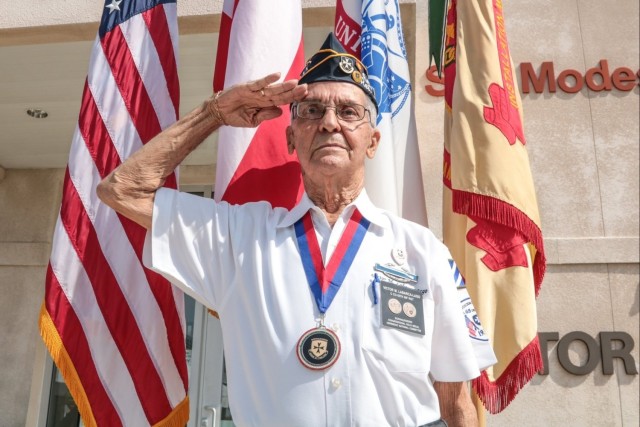
Victor Labarca Lago renders a salute. Labarca Lago is one of the members of the Borinqueneers who frequently visits Fort Buchanan.
VIEW ORIGINAL
“April 13 is a glorious day, but for me, it is also sad because I had friends in Korea, and you saw them during the day, and the next day, they died defending democracy. This date brings back many memories for me,” added Labarca Lago, whose son is an Afghanistan veteran.
Labarca also talked about why the new generations of citizens should know the story of the 65th Infantry Regiment.
“I would tell young people to read the history of the 65th Infantry so they will better understand what we did and how we defended the lifestyle they enjoy today. It is important to be informed,” added the veteran.
For Col. Charles N. Moulton, commander of Fort Buchanan, the Borinqueneer’s performance in battle many decades ago teaches valuable lessons that apply not only to current and future generations of Soldiers but also to everyone in the United States.
“Imagine the stress of a battlefield in Korea and how these Puerto Rican men had to make quick decisions with enemies around every corner, in very different weather, and facing two languages most of them did not dominate: Korean and English. Despite all these adverse circumstances, the members of the 65th Infantry Regiment moved forward and accomplished their mission with impressive results,” said Moulton.
According to the Department of Defense, in January 1951, the 65h Infantry Regiment participated in Operation Thunderbolt, a reconnaissance-in-force, and Operation Exploitation, an exploitation mission to the Han River. By the end of the month, the regiment had advanced to a region just south of Seoul and was ordered to seize three Chinese-held hills. The assault began on January 31 and took three days. On February 2, 1951, with the objective within reach, two battalions of Borinqueneers fixed bayonets and charged the enemy position, forcing the communist soldiers to flee. It was the last U.S. Army battalion-sized bayonet charge in history.
“Due to their courage, the Borinqueneers received numerous awards for valor during the Korean War, including two Korean Presidential Unit Citations, 2,771 Purple Heart Medals, 606 Bronze Stars, 256 Silver Stars, nine Distinguished Service Crosses and the Medal of Honor. What a testament to service to the country,” said Moulton.
The commander of the only U.S. Army installation in Puerto Rico encouraged everyone in the U.S. territory and across the nation to take a moment to reflect on the great sacrifices and achievements of the Borinqueneers, who defended the democratic lifestyle with their service.
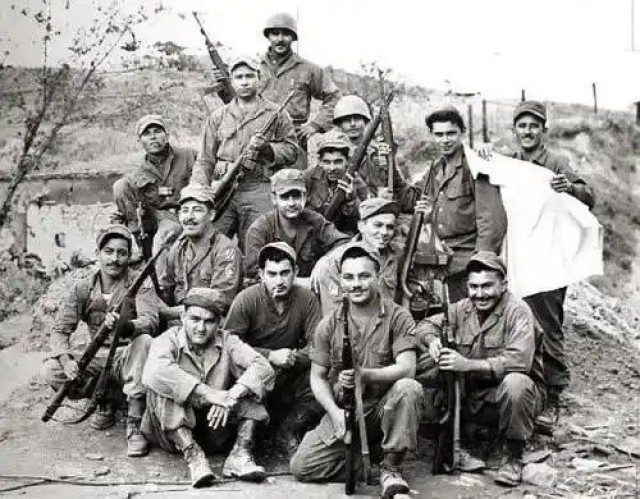
Members of the 65th Infantry Regiment pose for a photo after a firefight during the Korean War. The regiment consisted primarily of Puerto Rican soldiers who spoke mainly Spanish and prided themselves on having mustaches. By 1953, the regiment’s soldiers had earned 14 Silver Stars, 23 Bronze Stars for valor and 67 Purple Hearts.
VIEW ORIGINAL
“Thank you, Borinqueneers, for your example, and congratulations on your day. The U.S. Army’s story — the most powerful Army on earth — would not be complete without the significant contributions made by soldiers assigned to the 65th Infantry Regiment,” added Moulton.
During World War II and the Korean War, Fort Buchanan processed local troops through its replacement center, most of them members of the 65th Infantry Regiment. Today, Fort Buchanan serves as a readiness enabler platform for approximately 15,000 active-duty Reserve and National Guard soldiers, the Marine Corps Reserve, and members of the Navy Reserve.
Learn more about the Borinqueneers and other Hispanic American contributions to the U.S. Army on the Hispanic Americans in the U.S. Army microsite.
This article, Recognizing the Borinqueneers, was originally published by The Army .



